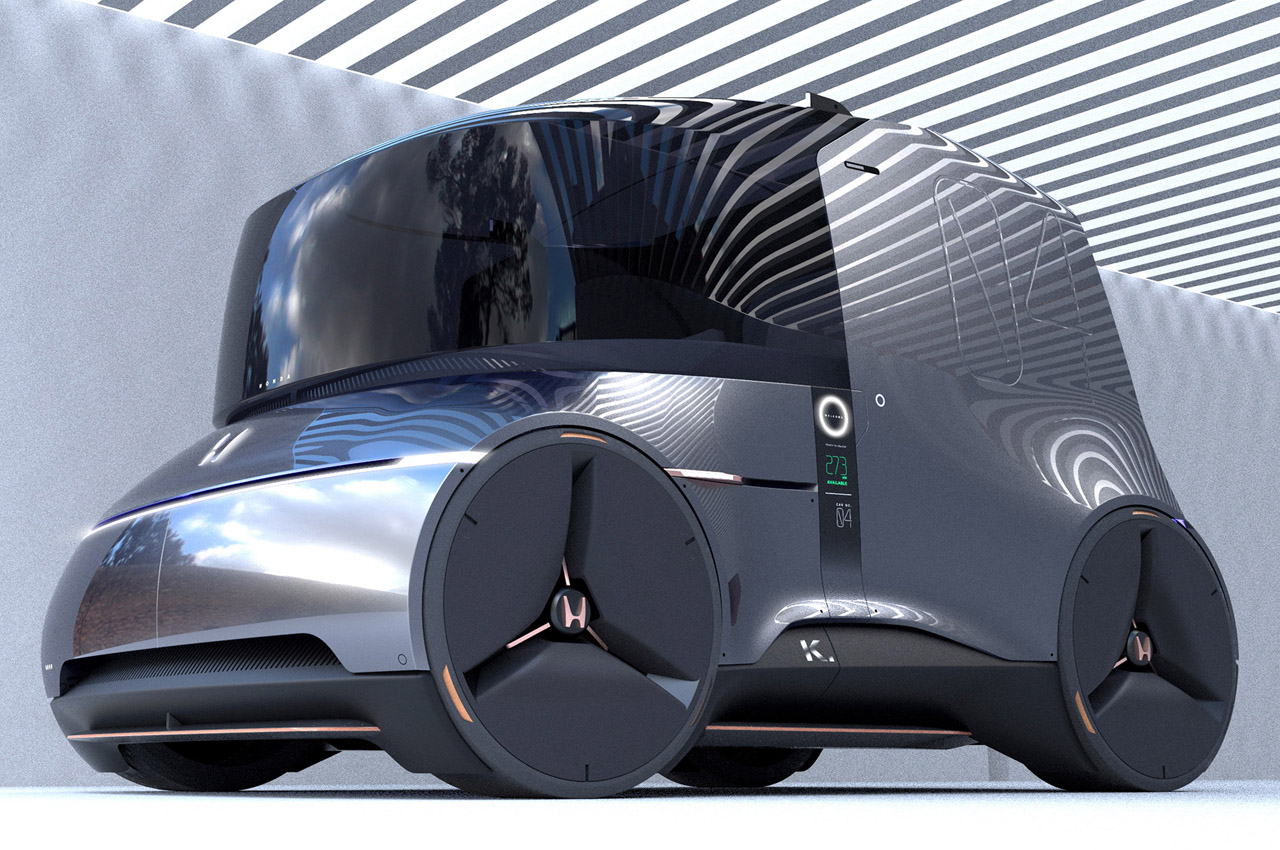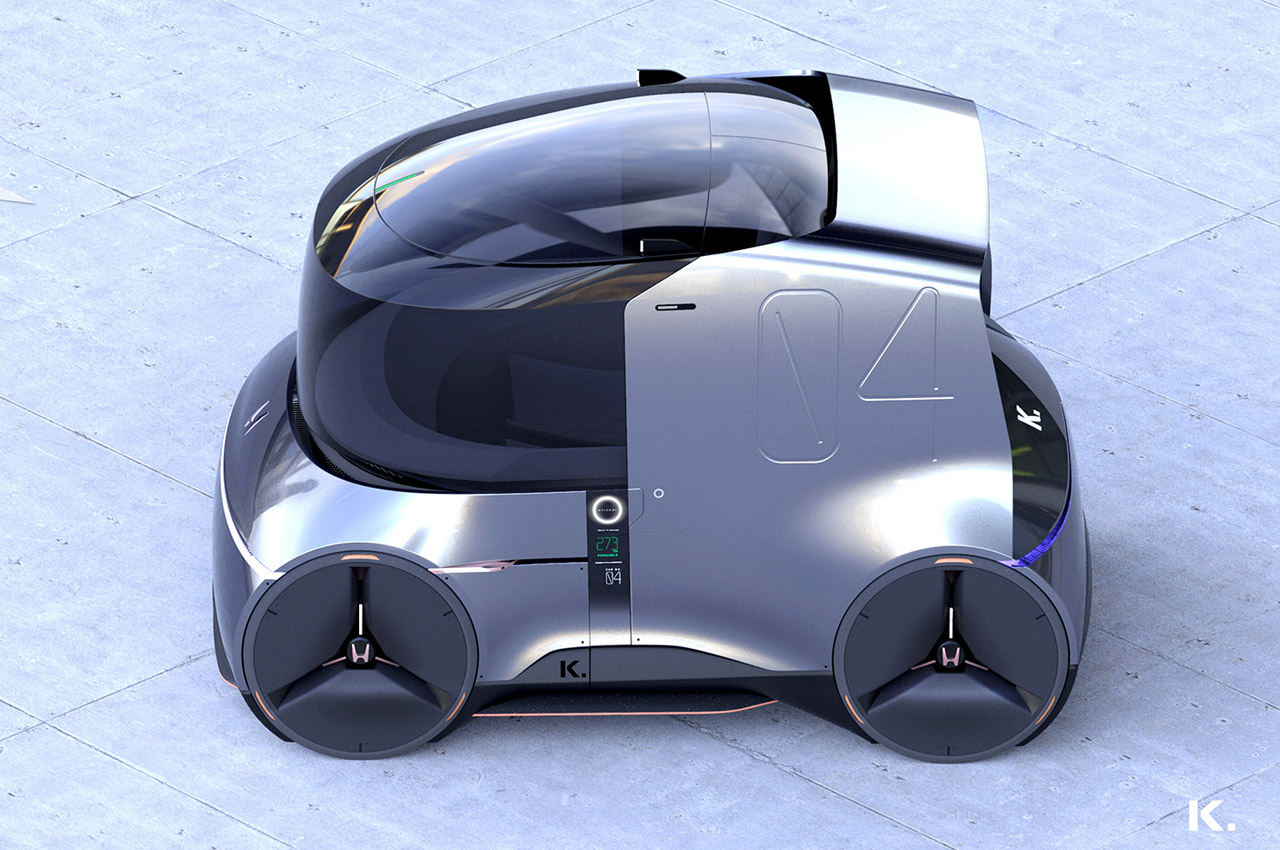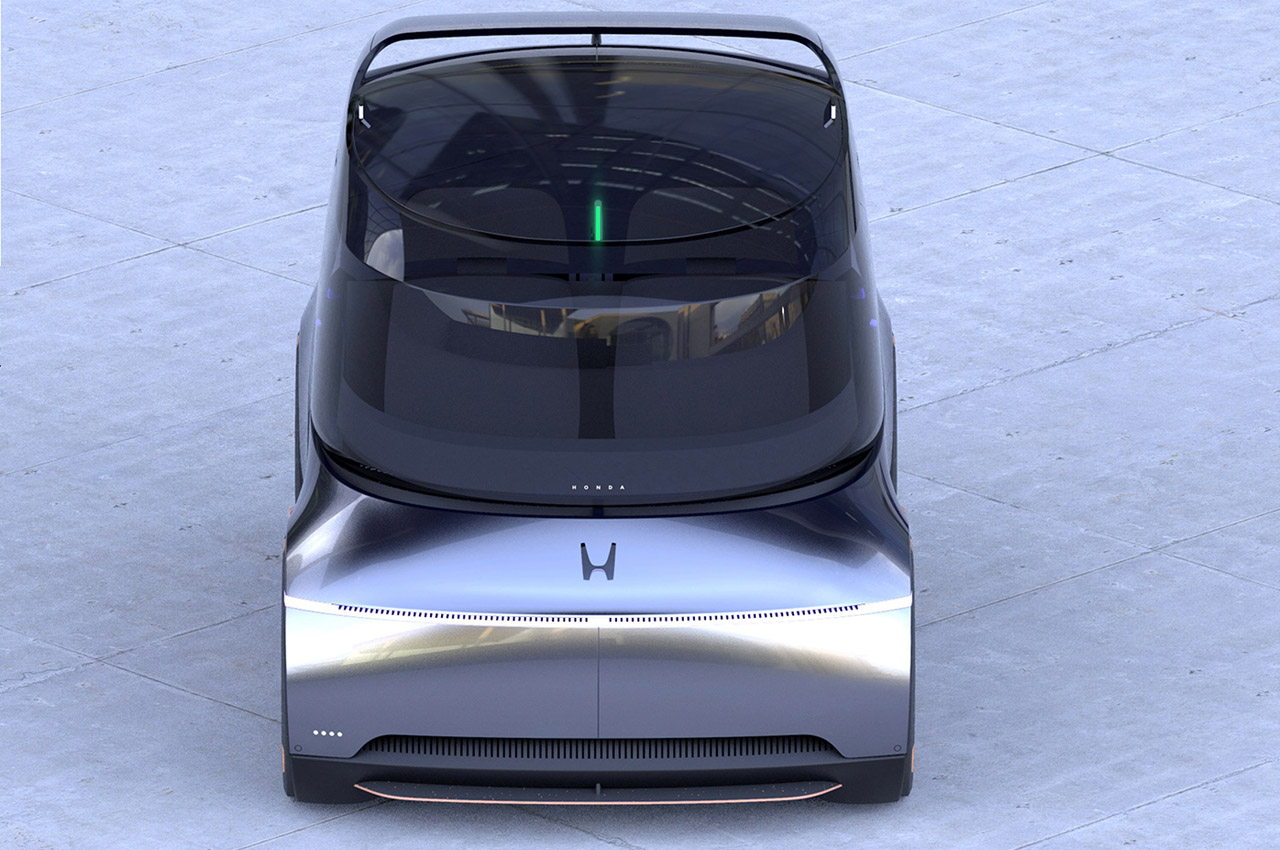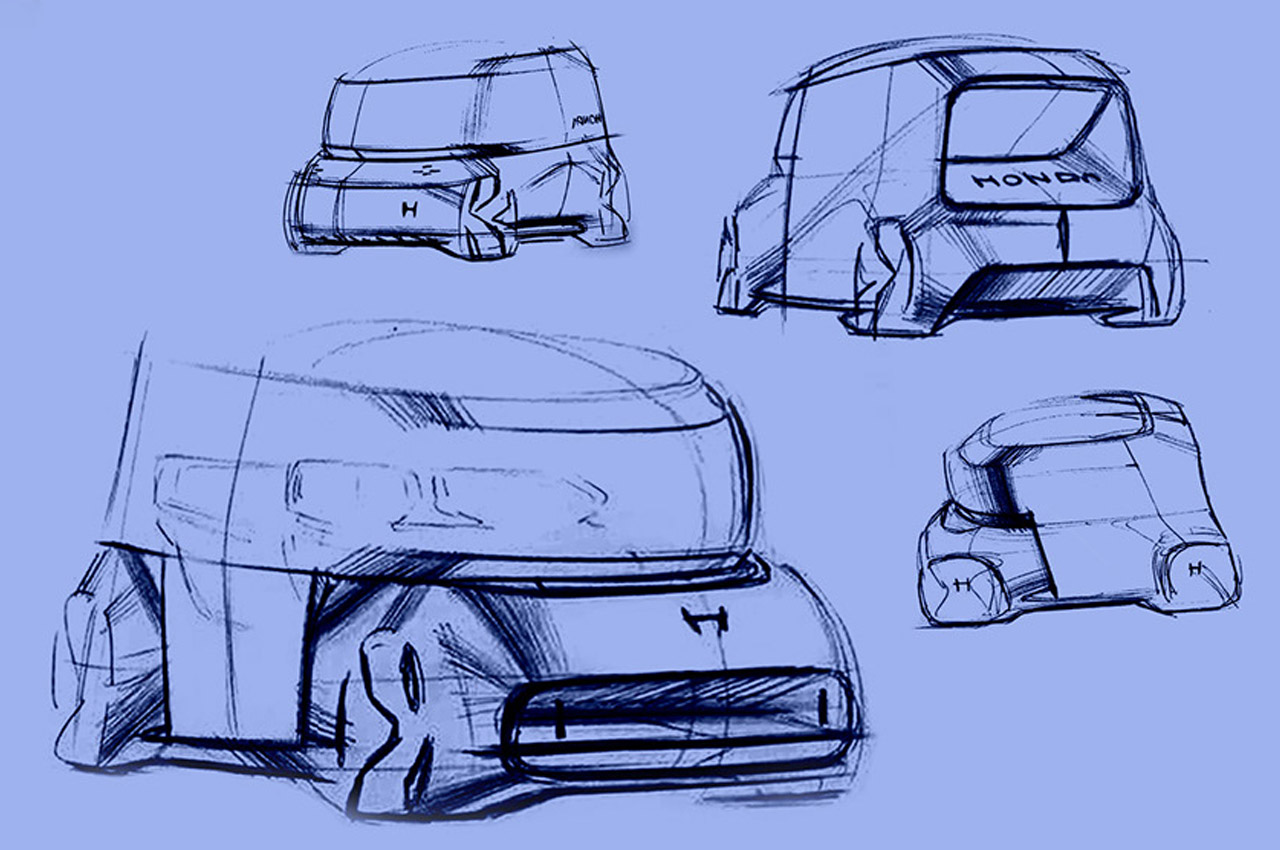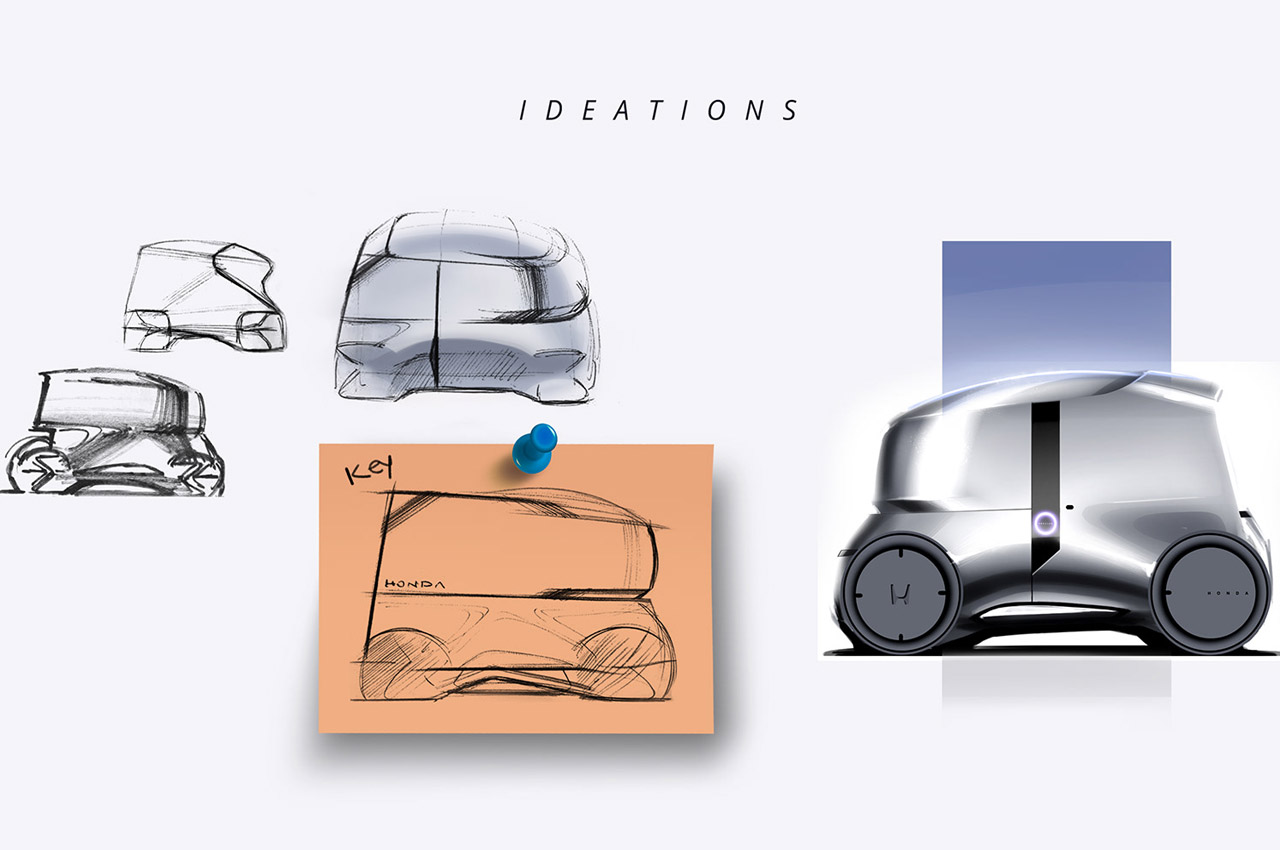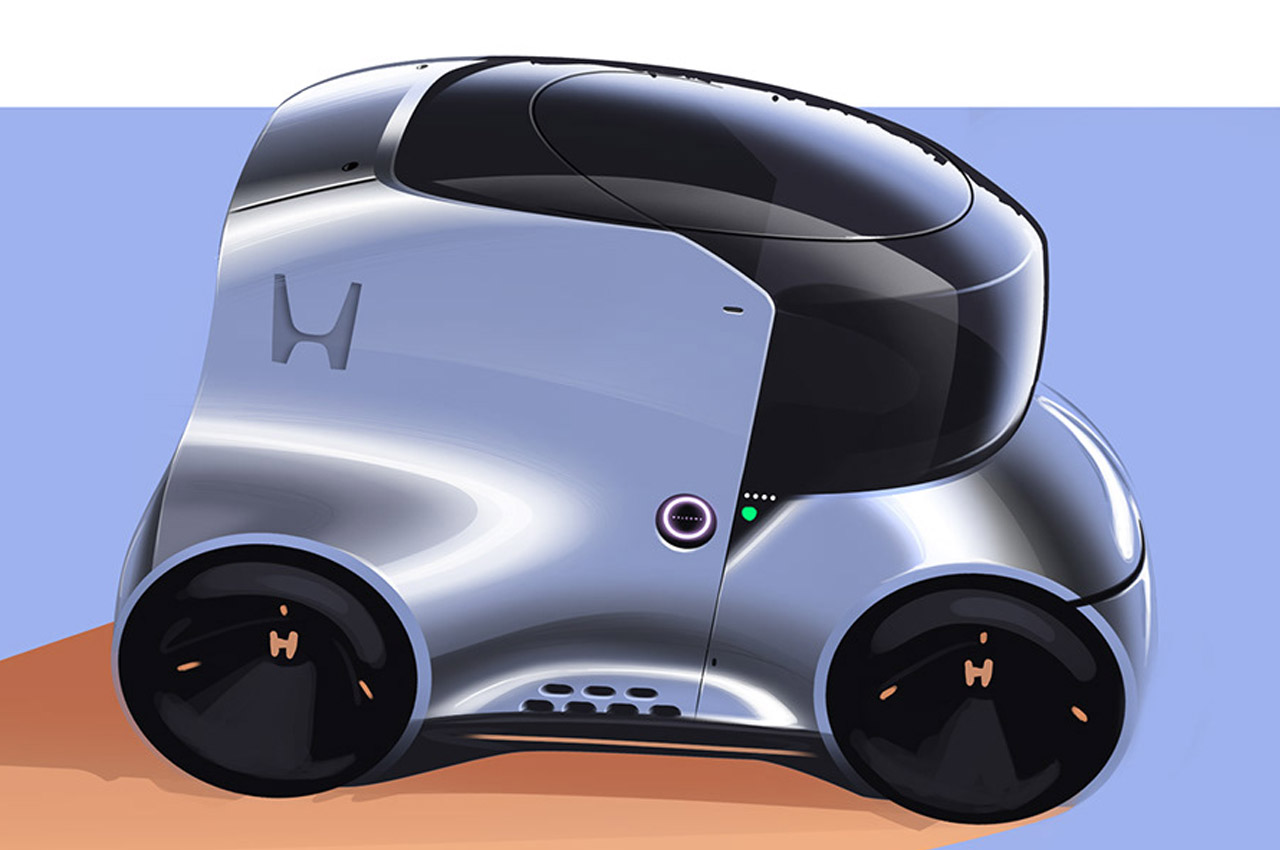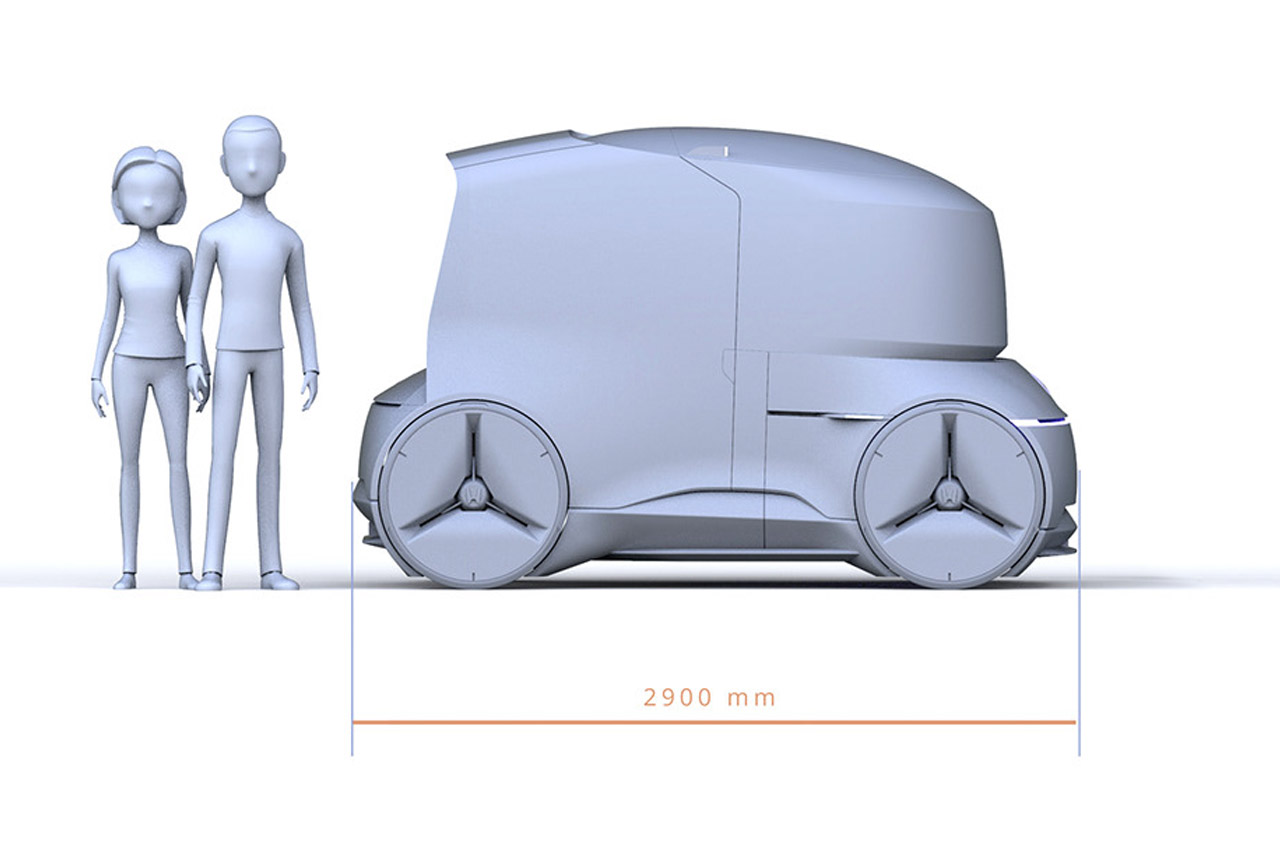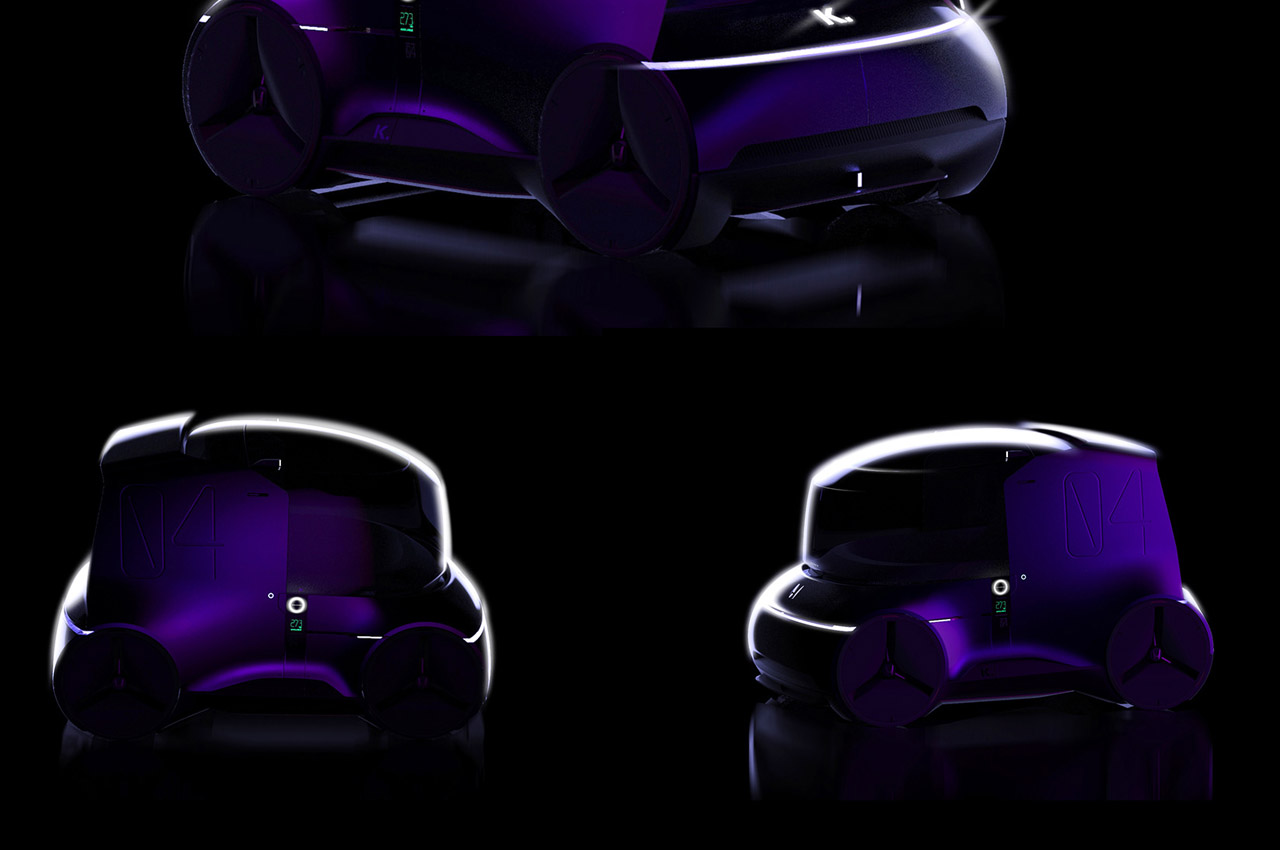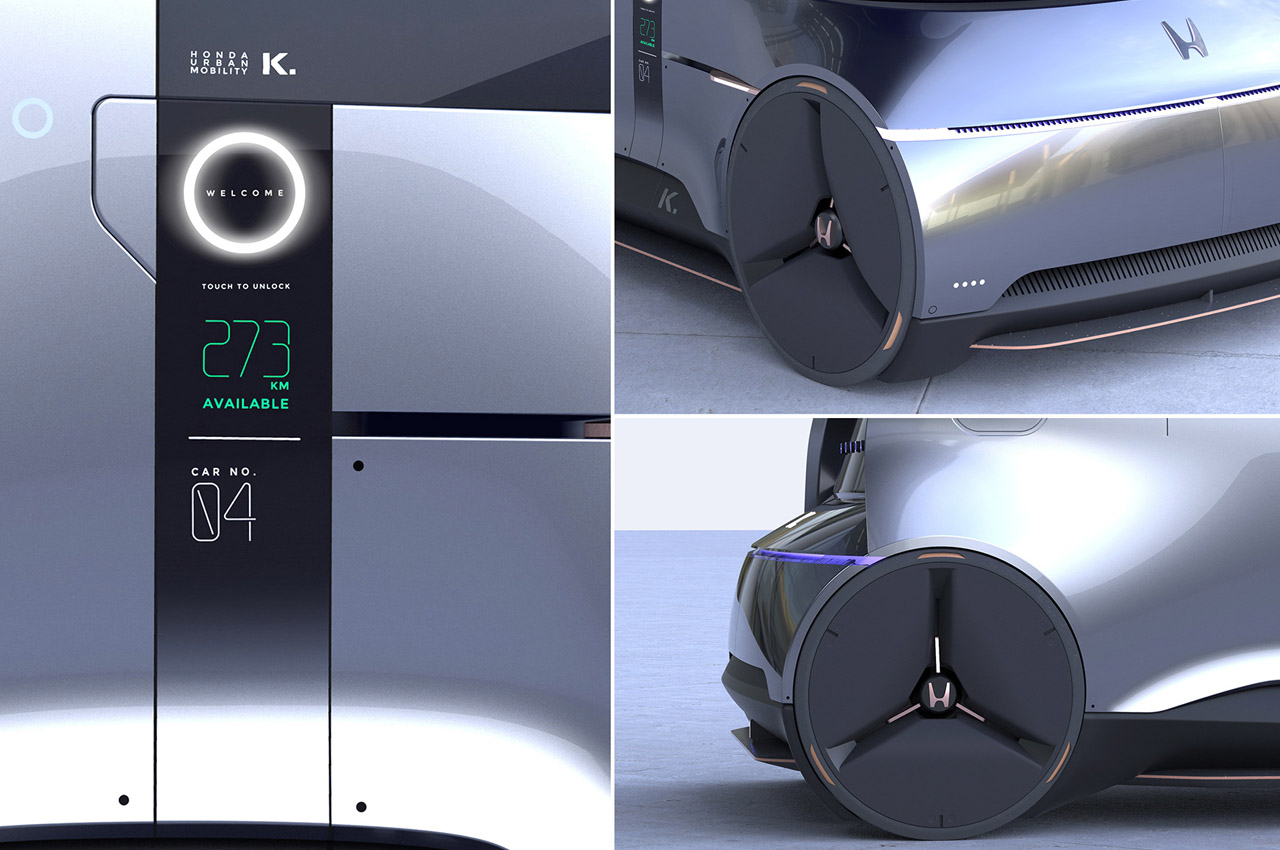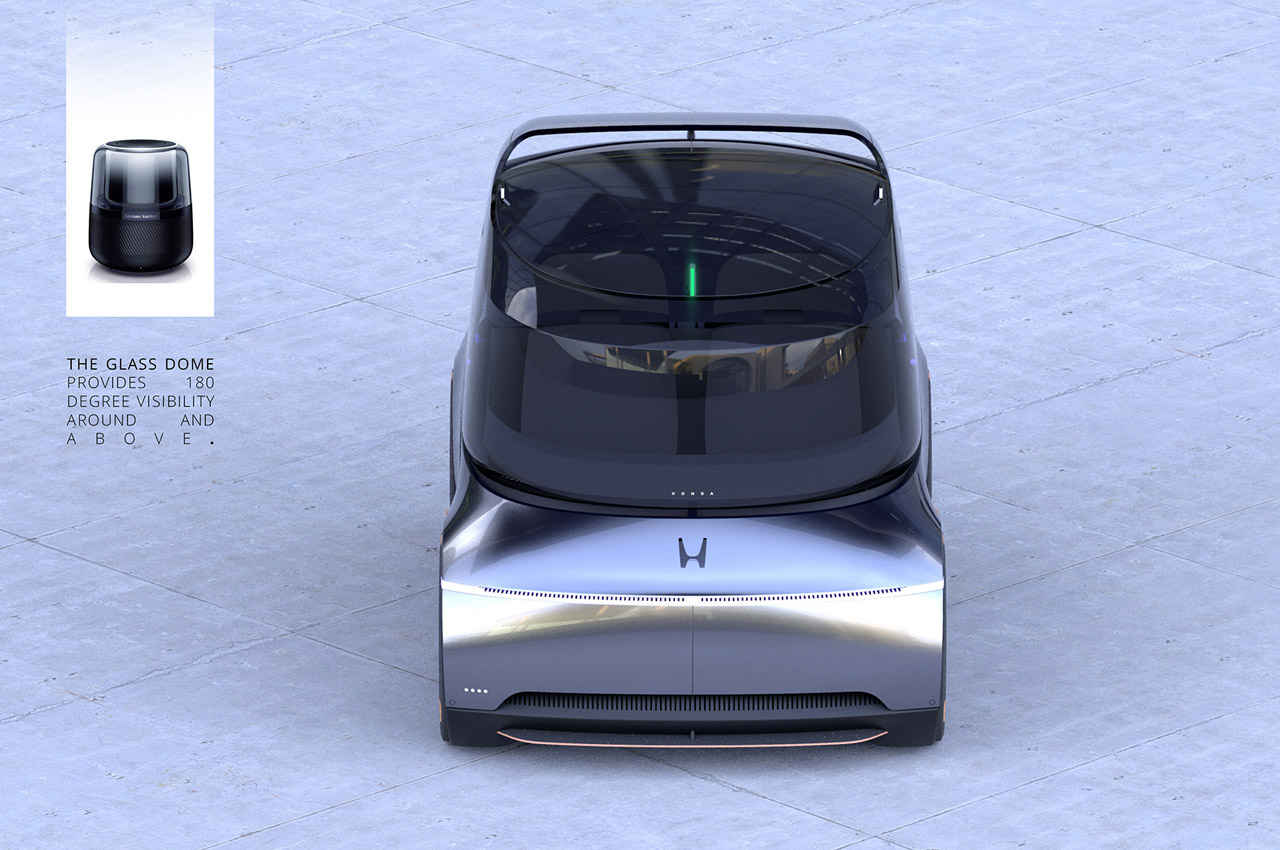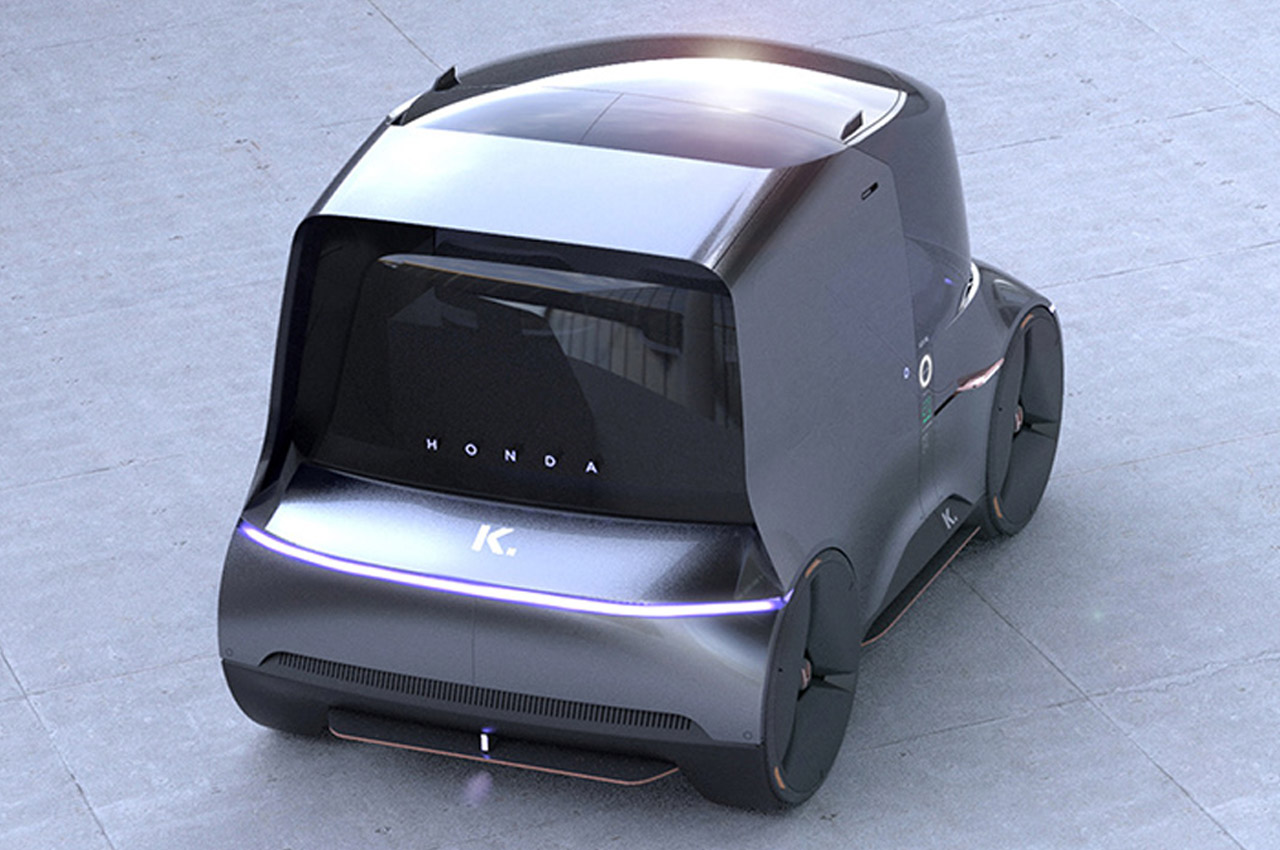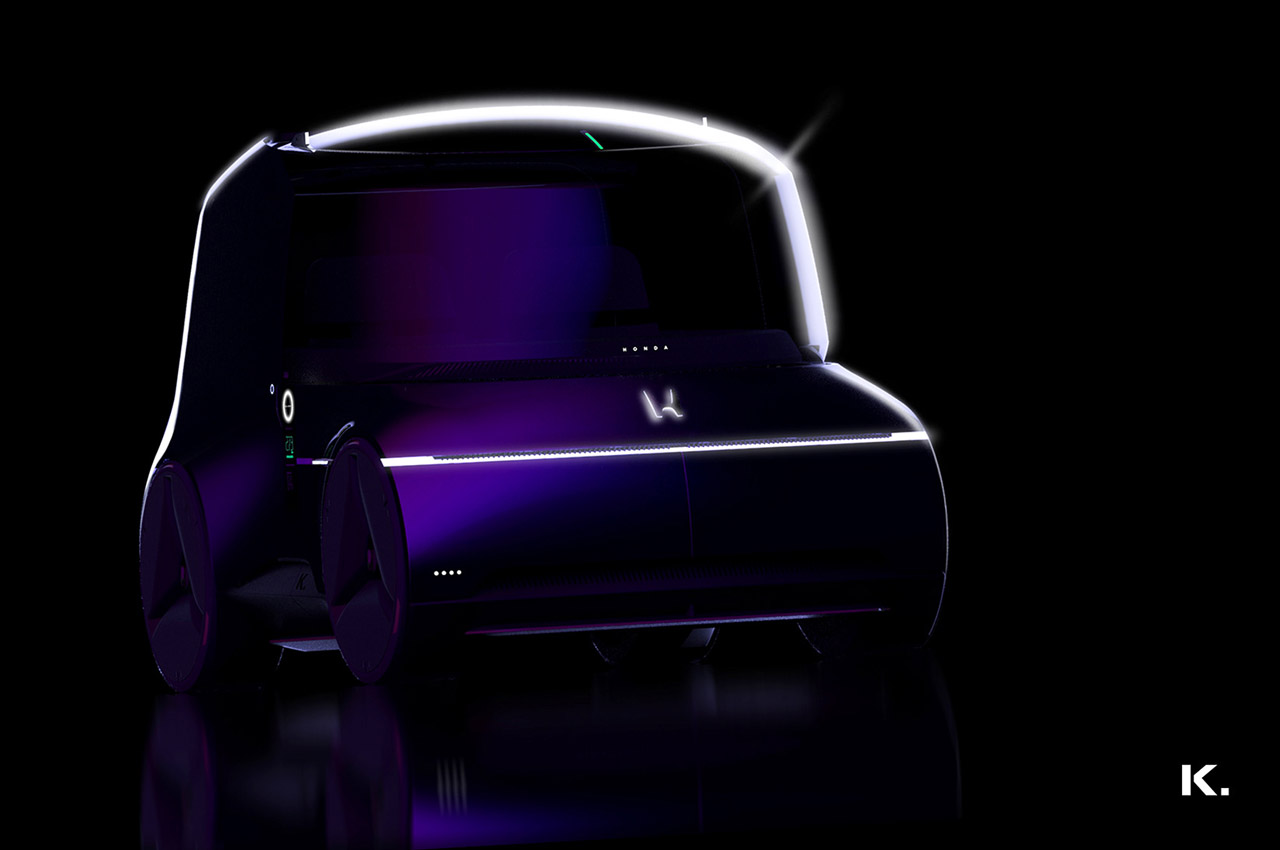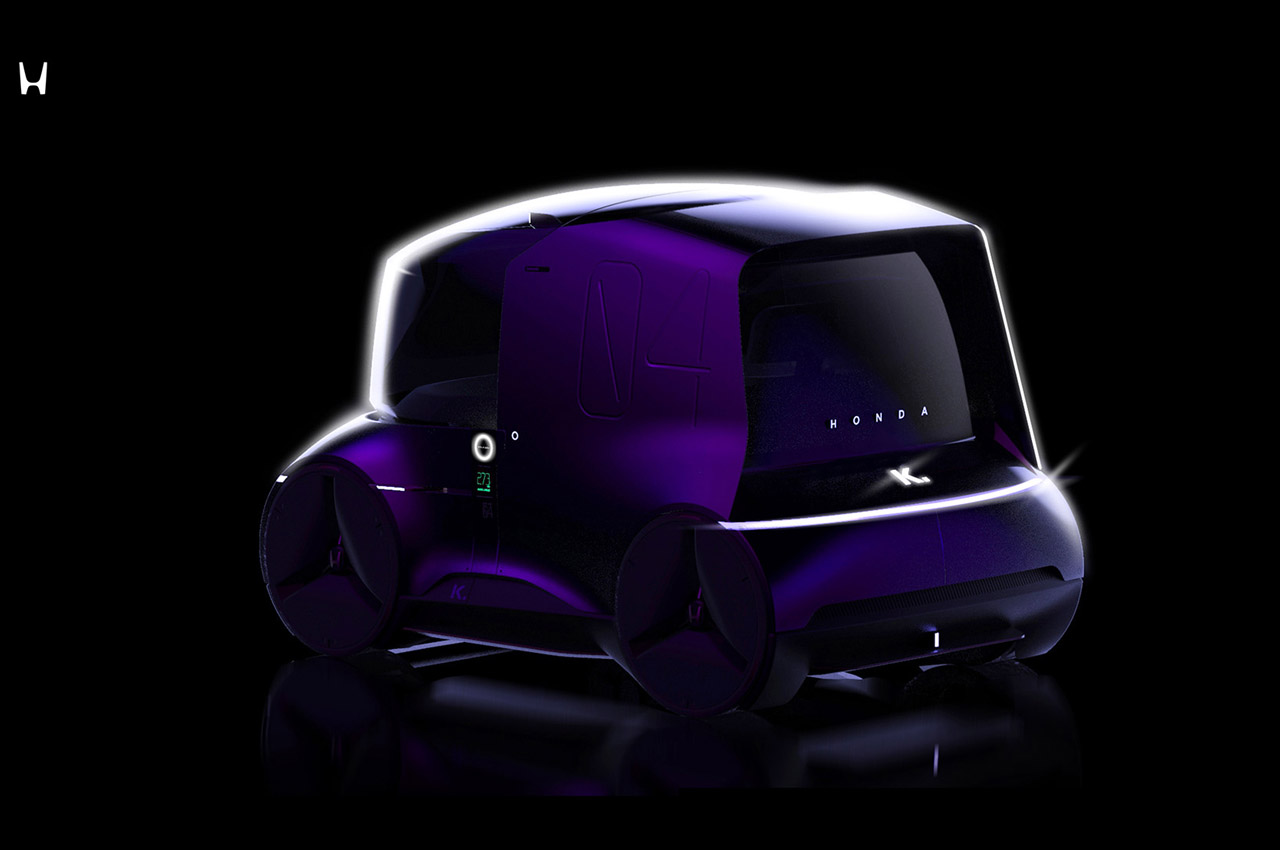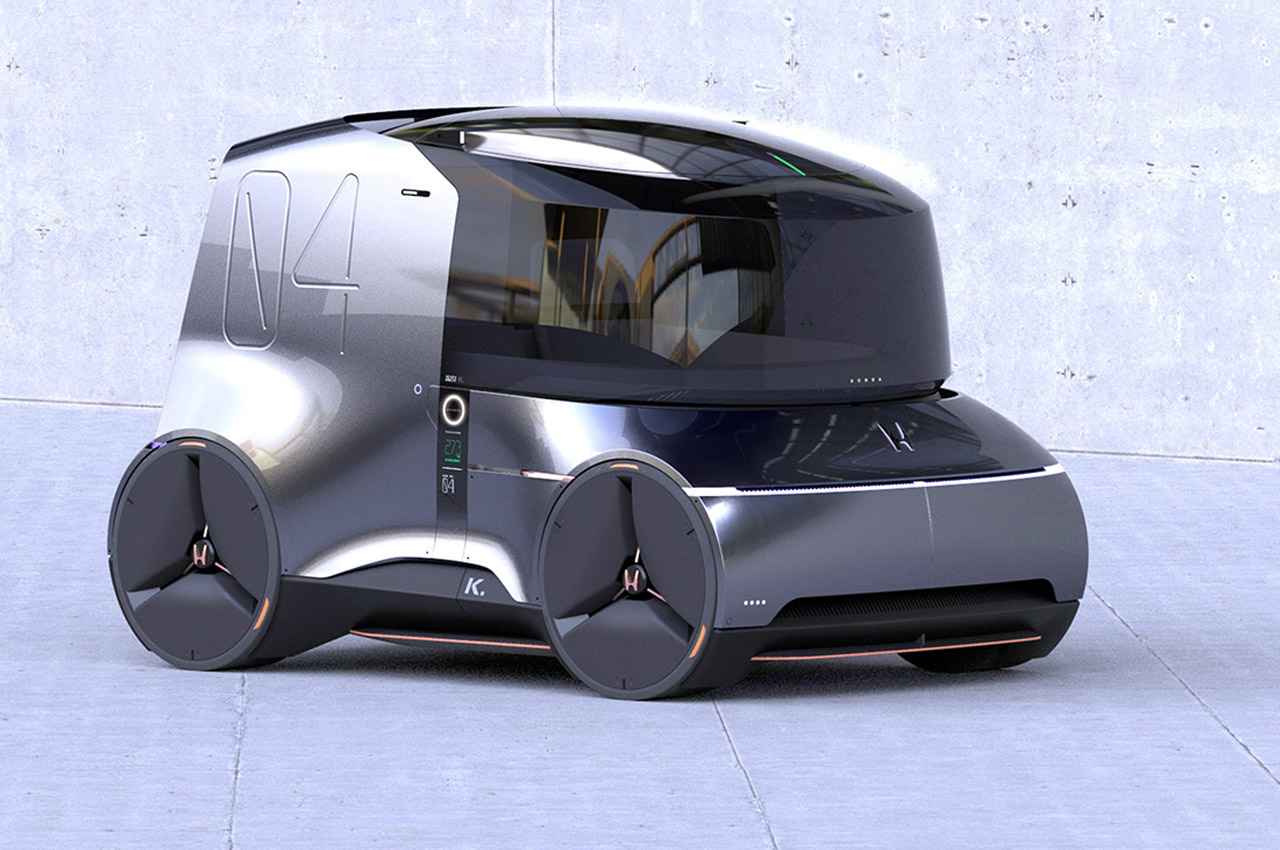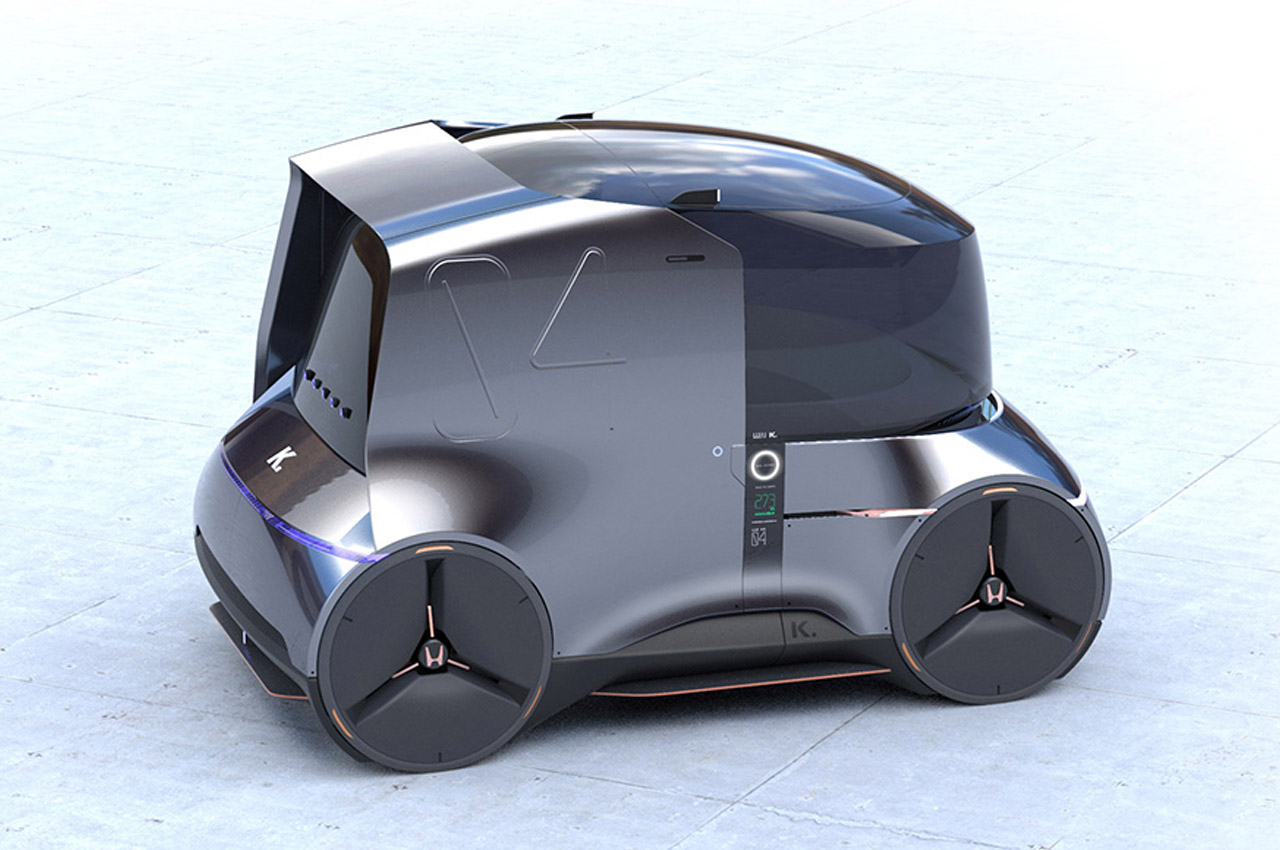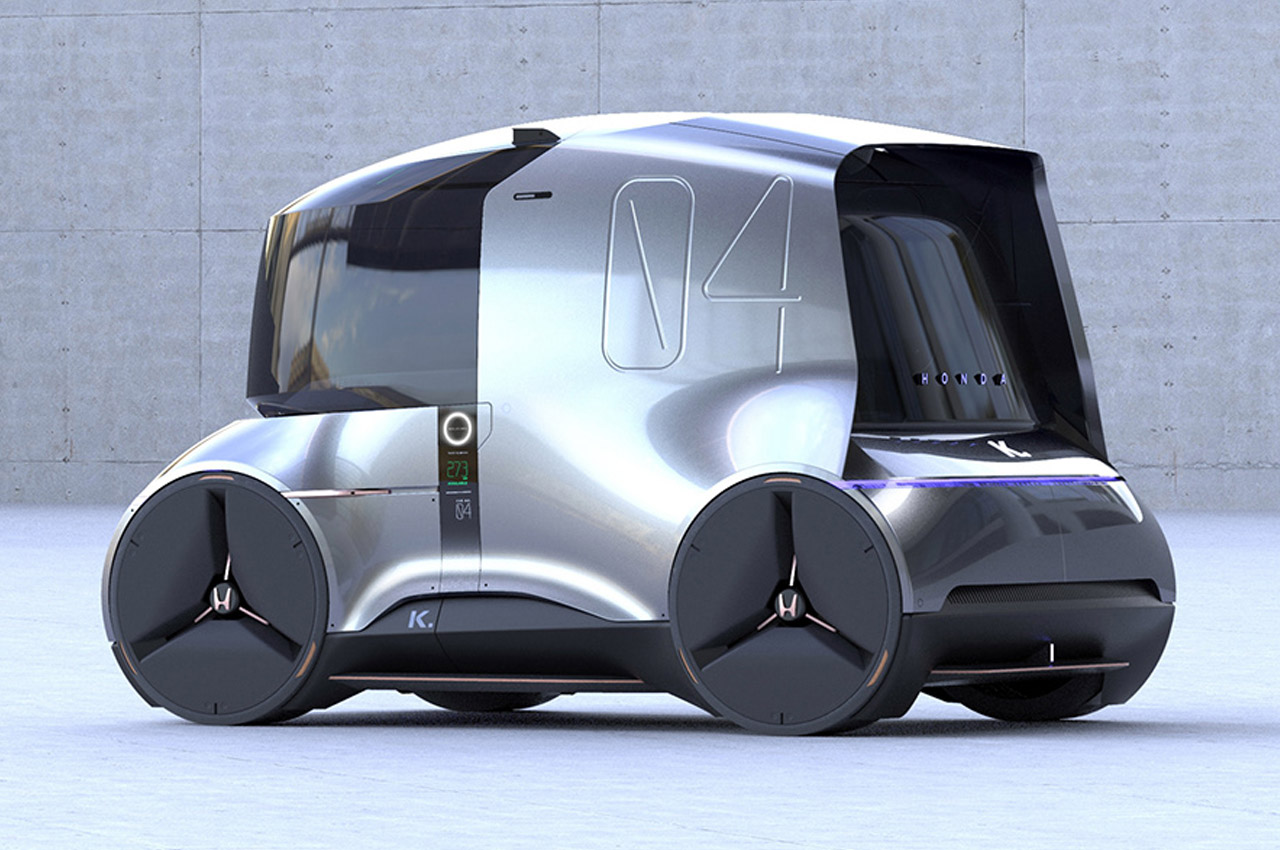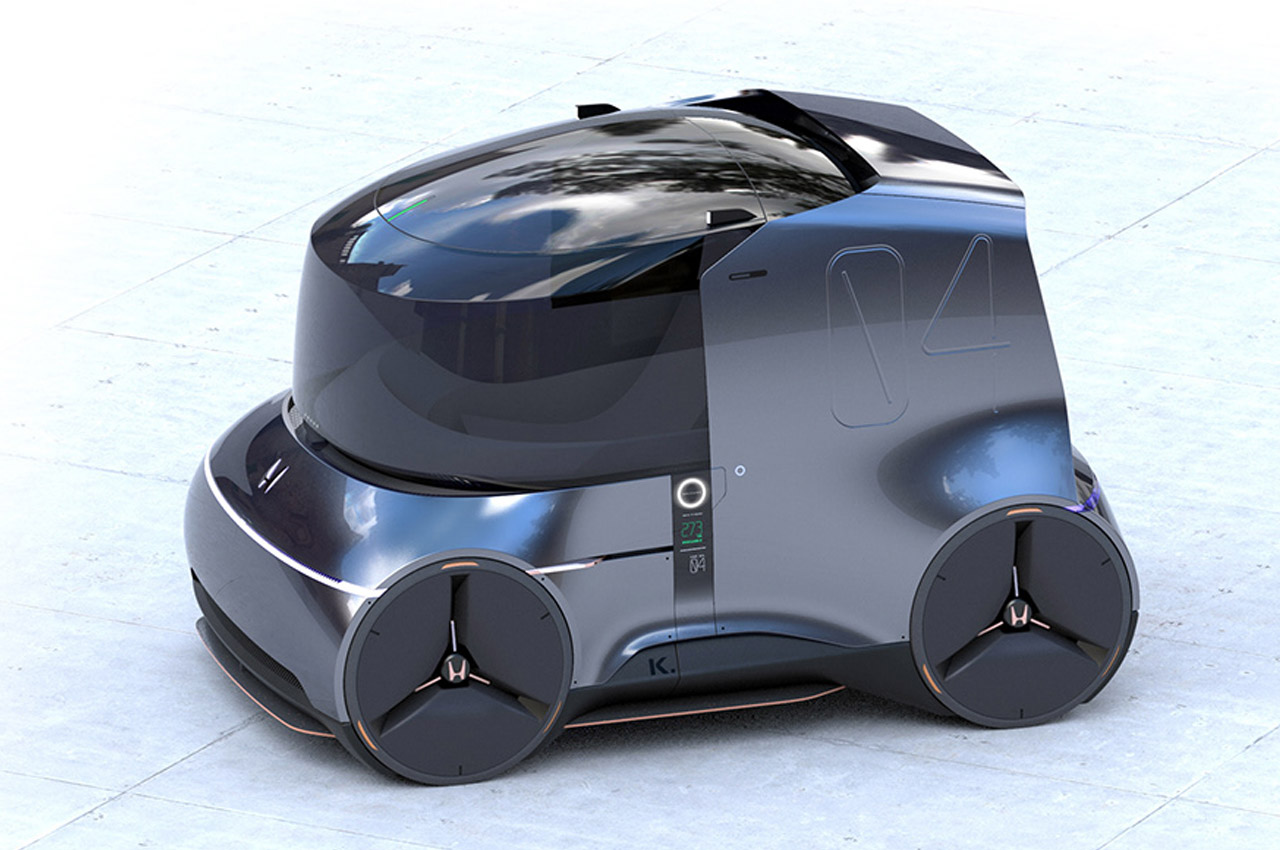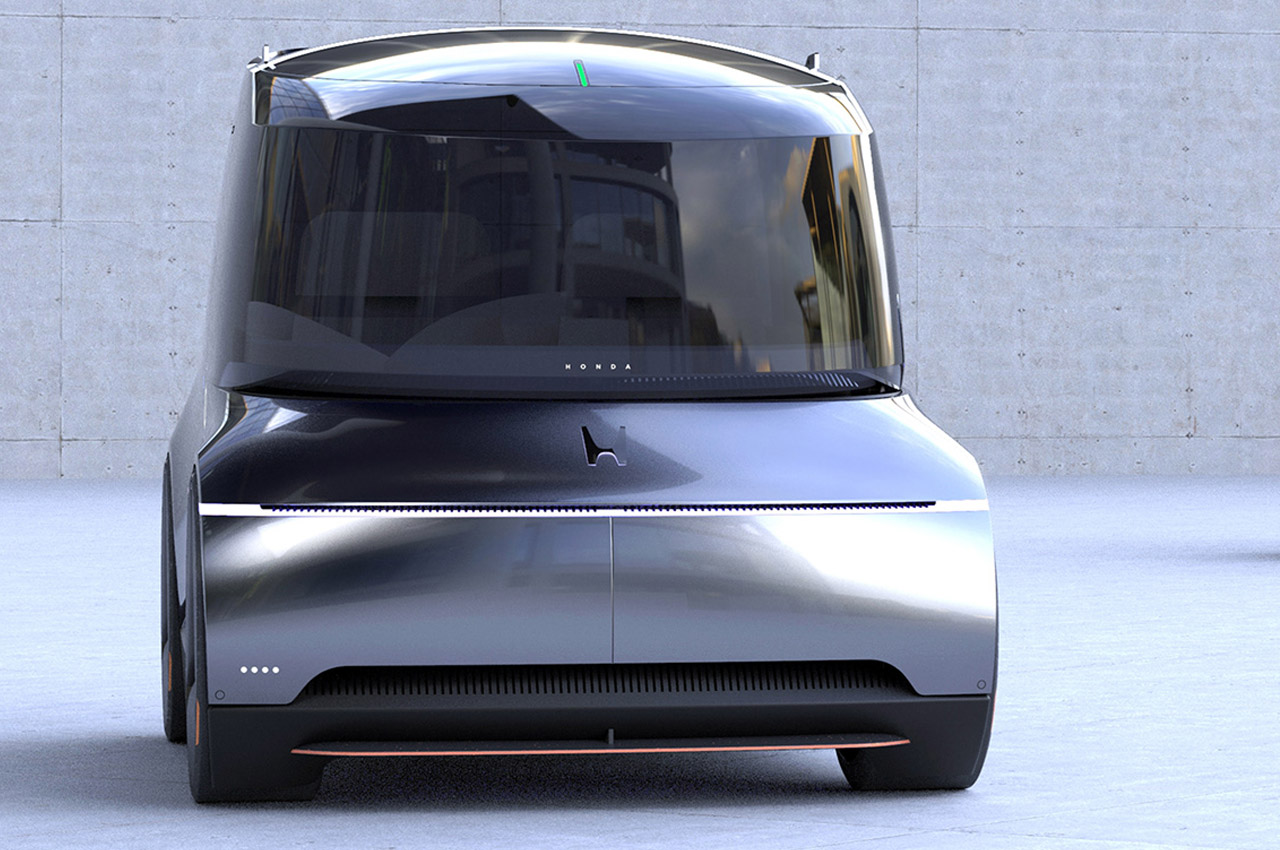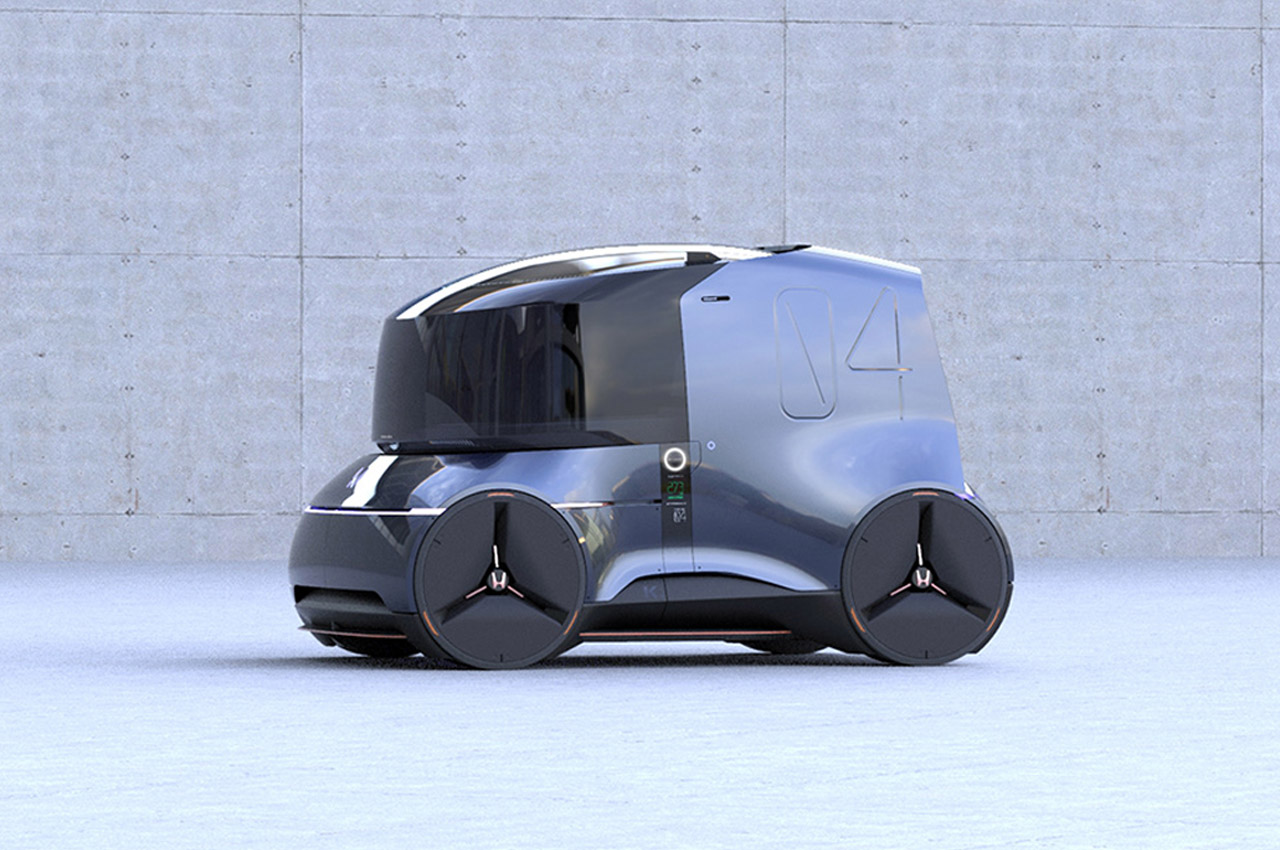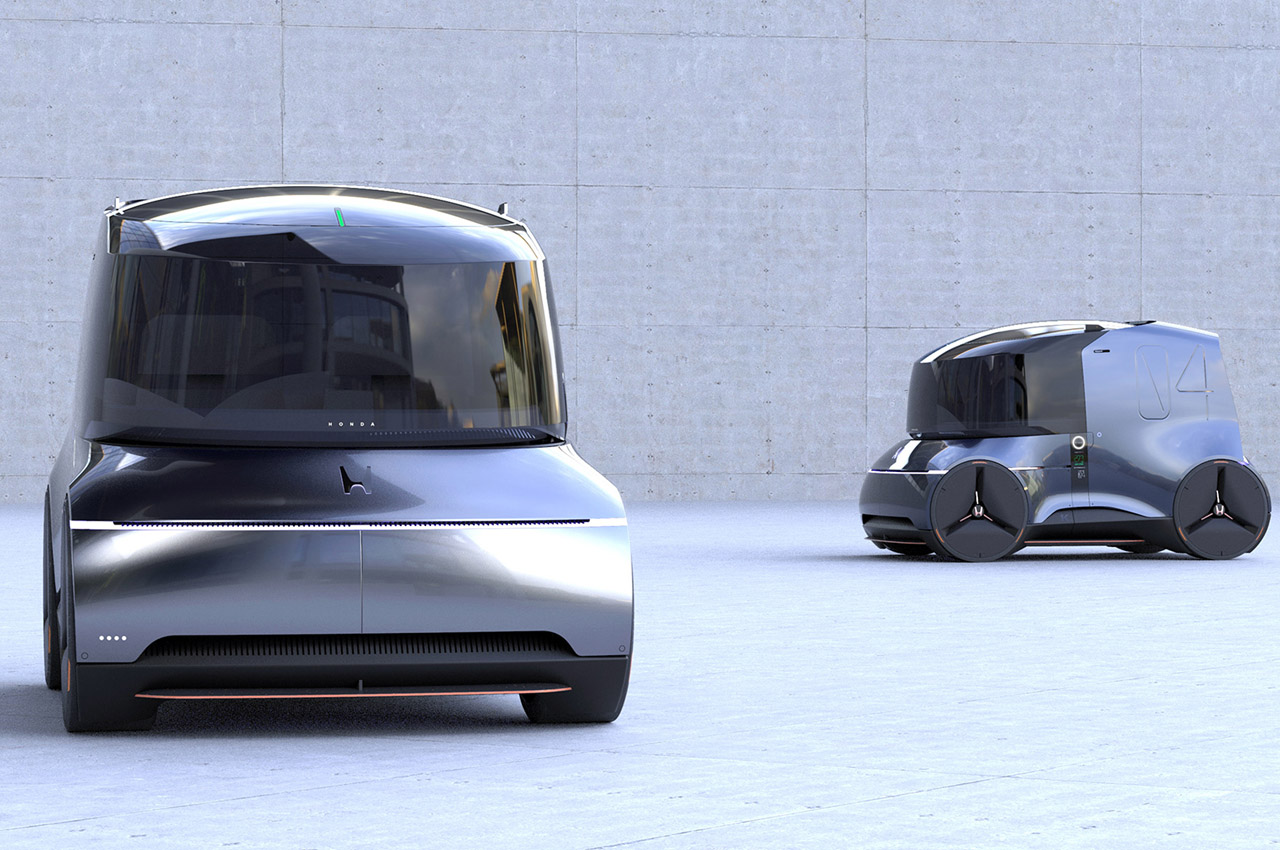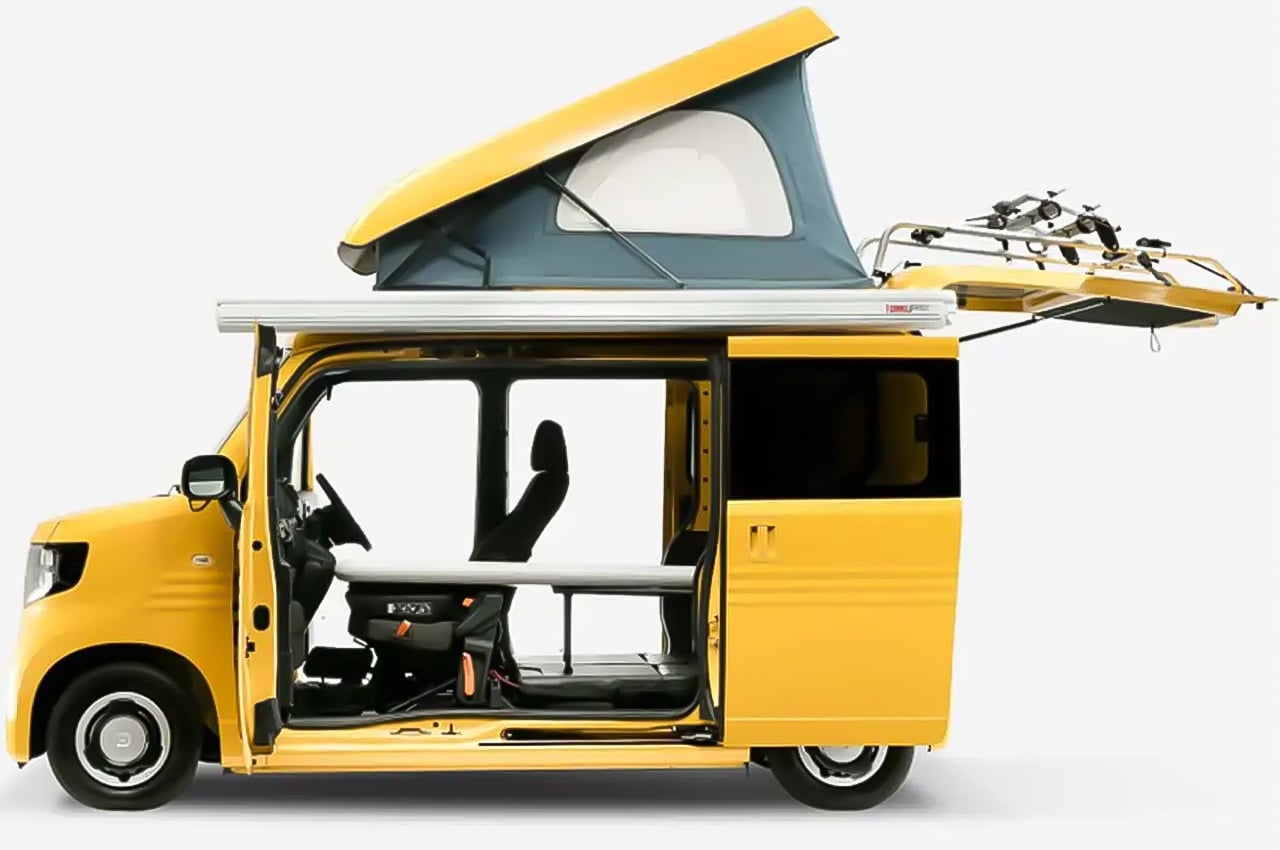
K-Campers are known for packing a lot into a tiny space. Unique to Japan, the K-Campers is a type of Kei car, a Japanese vehicle category for the smallest highway-legal passenger cars that are built with restricted dimensions and engine capacity.
Designer: Honda


The ultimate microcar, K-Campers host an array of multifunctional features that help make the tiny space feel a lot roomier. Upgrading from the Vamos and Acty vans, Honda Japan released the N-Van Compo, a Kei Van Camper that sleeps four with the help of an expandable roof.
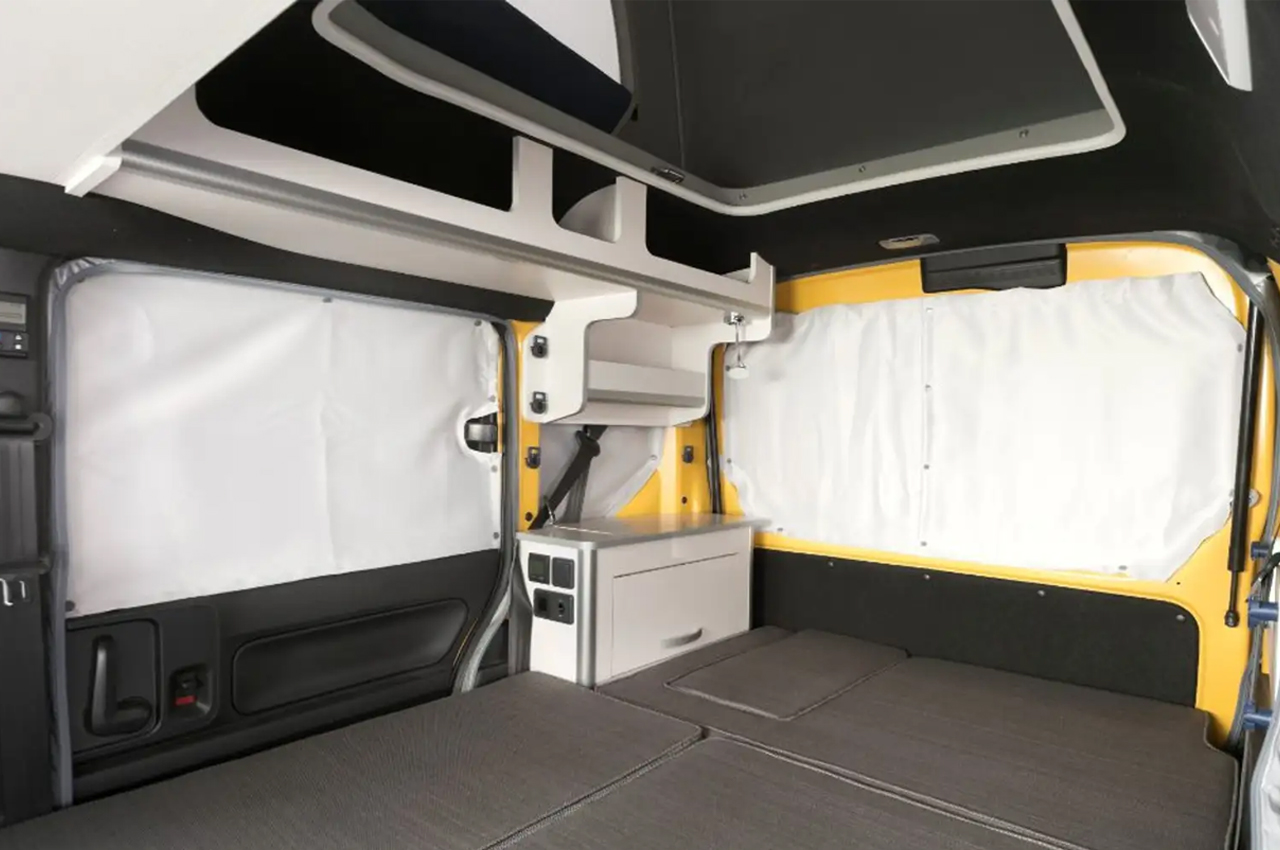

Reaching 133.7 inches in length, the N-Van Compo is 20.4 inches shorter than Mazda MX-5 Miata, but the size can be deceiving. Converting the classic N-Van into a compact camper van, the N-Van Compo finds space with modular and multifunctional interiors. When driving, the N-Van Compo can be operated like any other motor vehicle only to transform into a sleeping space when put in park.
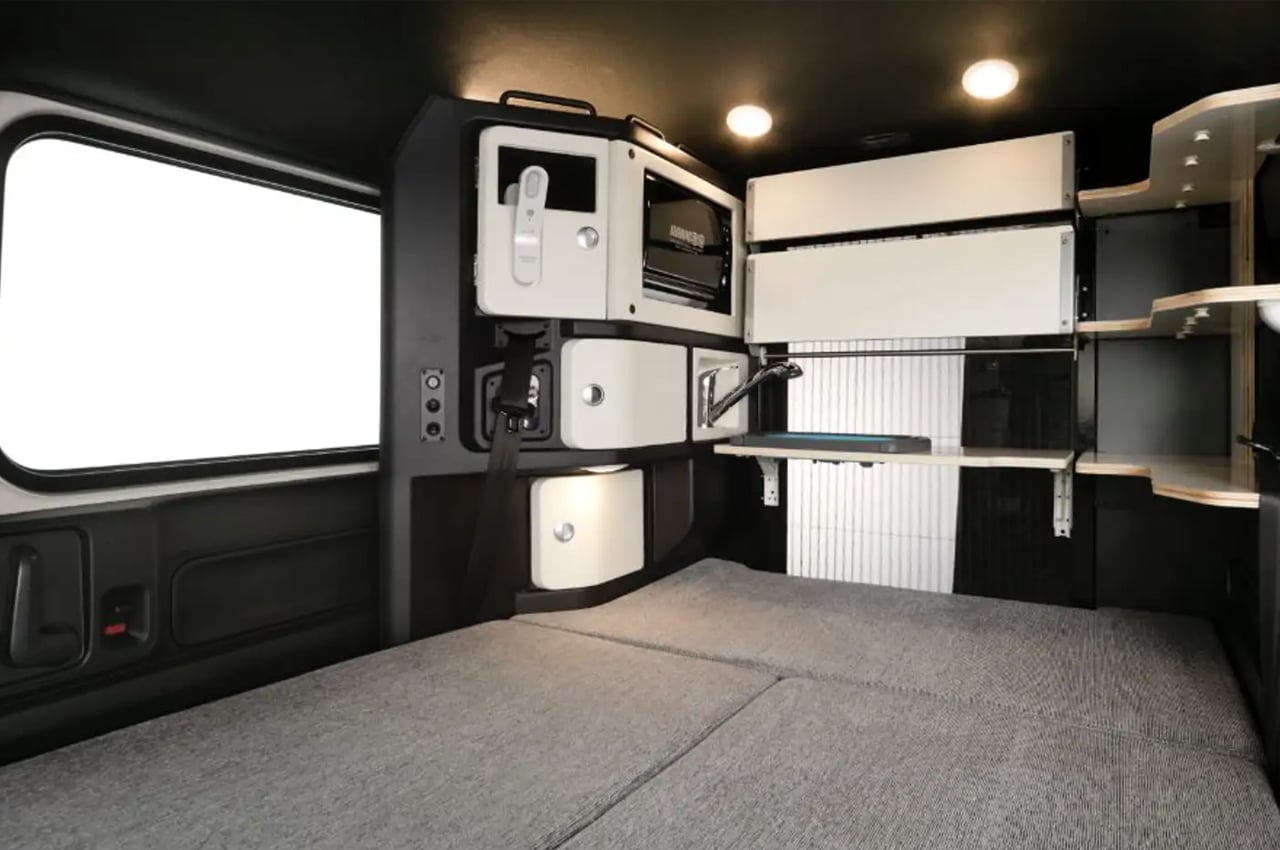
When camping, passengers of the N-Van Compo can create sleeping accommodations by turning the driver’s seat around and spreading the mattress modules out in line to make room for one taller and one shorter person to sleep comfortably. When it comes to the van’s interior configuration, interested buyers have three options: Style-One, Style-Two, and Cabin.
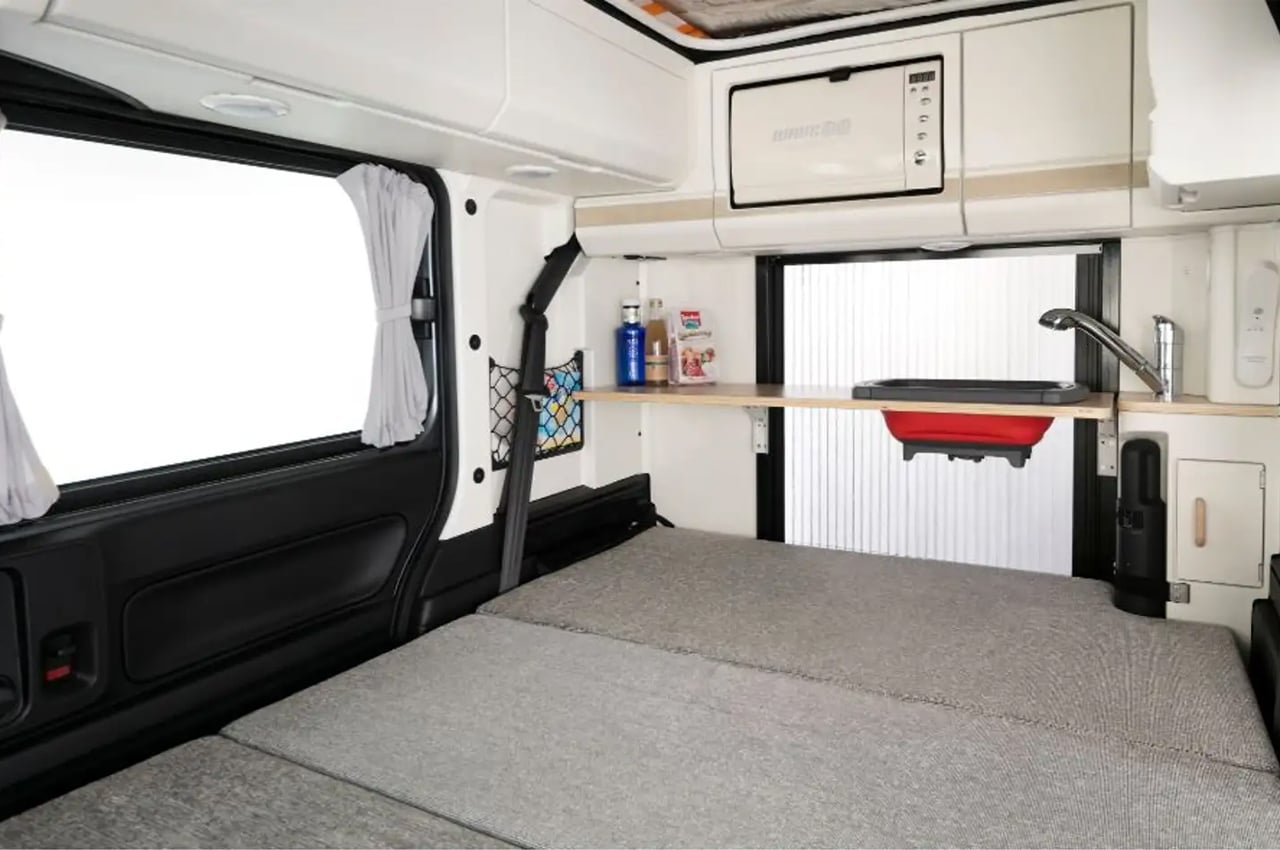
Getting the most bang for your buck, Style-One provides some overhead storage, two sinks, a freshwater tank, microwave, small refrigerator, solar panel, foldable table, and a set of screen doors. The expandable roof can be accessed from the van’s sleeping area and is also included in the van’s Style-Two configuration.
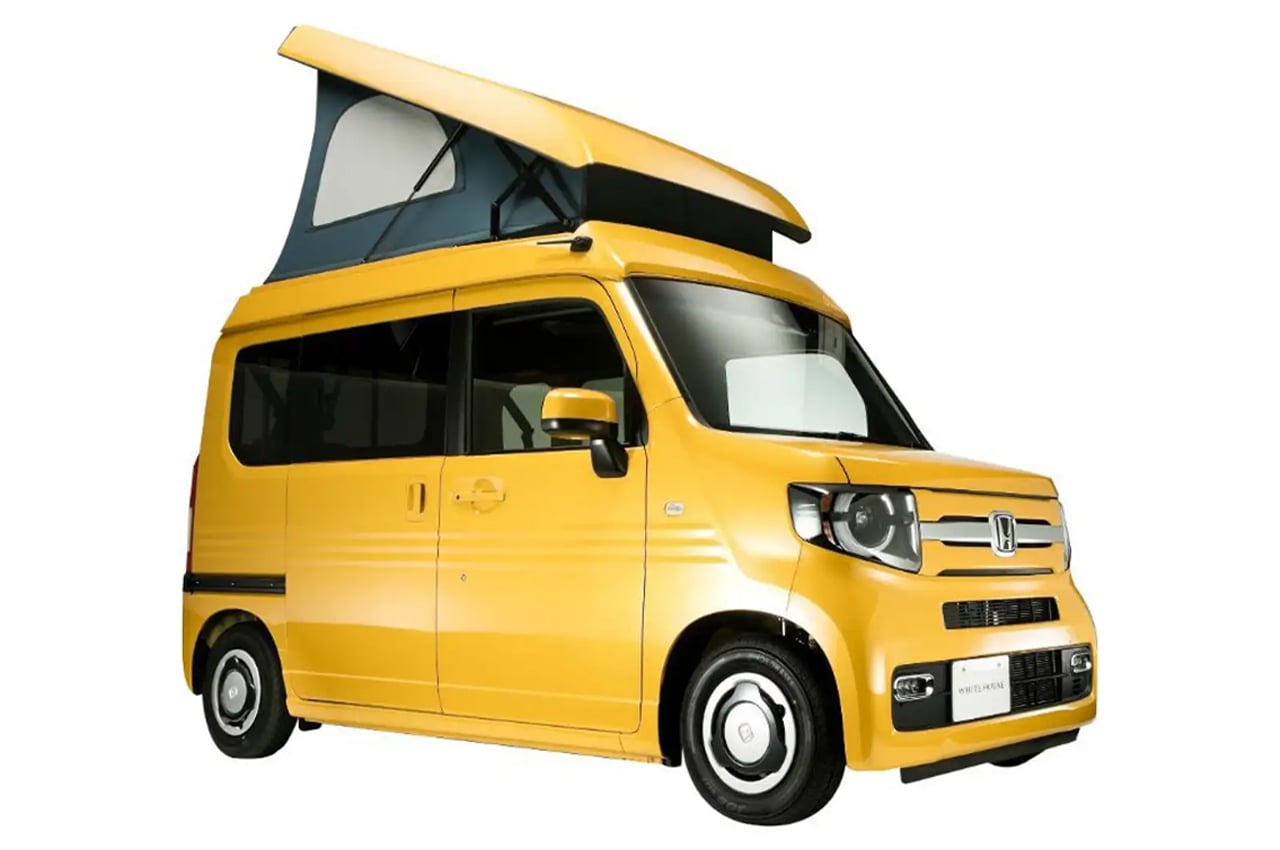
Only changing the location of the kitchen to be on one side entirely, Style-Two hosts the same array of amenities as Style-One. The final option, Cabin, gives buyers the option of keeping the expandable roof, microwave, and refrigerator, but ditches the sink to make room for sleeping and storage.
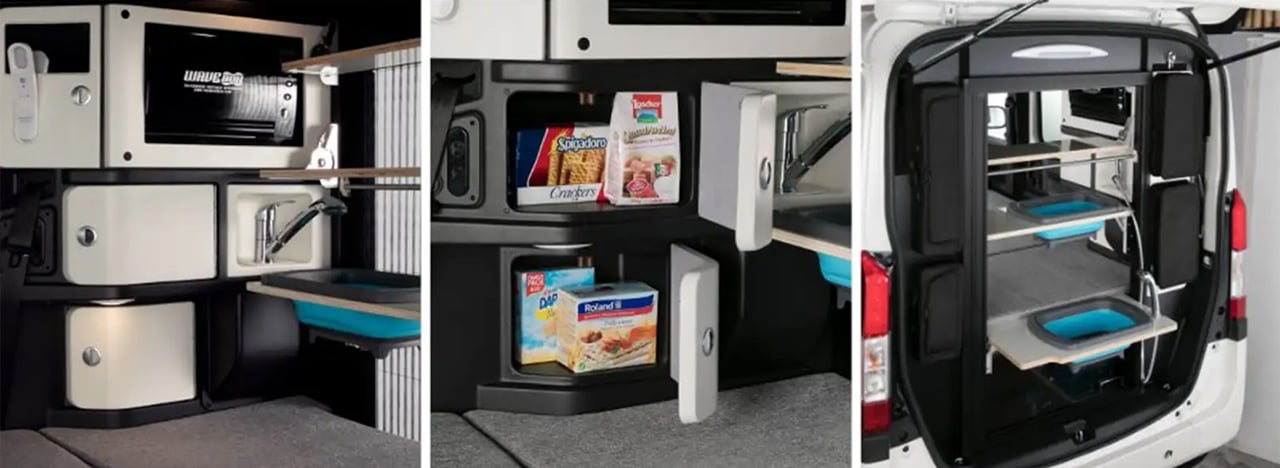
The post Unique to Japan, the tiny Honda N-Van Compo comes with a roof tent and amazingly fits 4 people first appeared on Yanko Design.
